Most of us have, unfortunately, experienced headaches in some shape or form. Sometimes, the headache is due to stress, lack of sleep, or even dehydration. However, when the pain is more severe, comes with other symptoms, and keeps you from doing daily tasks, this is when it may be a migraine. It is very important to understand the differences between the two headaches so you know when you can manage the symptoms at home and when you should seek care from an optometrist near you or another healthcare provider.
What is a Headache?
Headaches are pain or pressure in your head and can occur in the temples, forehead, or the back of your head or neck. Headaches are typically mild or moderate and can often be relieved with rest, hydration, or an over-the-counter medication. Common triggers of headaches are (but are not limited to) stress, eye strain, poor posture, or dehydration.
Even though headaches can be uncomfortable, they are often short-lived and usually do not interfere with daily life. However, if you experience headaches frequently or have severe headaches, you can speak to a health care provider or a headache specialist near you, especially if they are affecting your ability to work or concentrate.
What is a Migraine?
Migraines are more than a bad headache. As a neurological disorder, they can involve intense throbbing pain, usually on one side of your head, and bring nausea, avoidance of light or sound, and sometimes vision changes called “auras.”
A migraine can last anywhere from a few hours to a few days and requires medical attention. Triggers differ—hormones, foods, stress, and even physical and environmental changes—which usually result in a unique treatment plan based on the individual. If your daily life is disrupted by migraines, it may be time to investigate migraine treatment near you to find relief and answer your questions about long-term management.
Migraine vs. Headache Symptoms
When not completely understood, it can be difficult to know when to recognize the difference. Here are some helpful points of understanding about migraine vs. headache symptoms:
- Headaches are usually dull and steady and can be without other symptoms.
- Migraines include intense, throbbing pain and often include nausea, vomiting, light or sound sensitivity, and other symptoms.
- A migraine, among other things, can also include visual changes, such as flashing lights or blind spots, which may signal the need for an optometrist in SW Calgary to check for possible eye strain or vision-related issues.
Knowing these differences can help you determine when you merely have a headache or if you have a migraine that may need more attention.
When to Seek Help
Sometimes headaches and migraines can signal other concerns, like vision problems. Eye strain, for example, can trigger head pain. So if you have a recurring pain that is eye-related, you may want to consider visiting an optometrist. The assessments they provide for eye assessments will look for vision-based issues that could be causing you symptoms and can confirm them or treat them. If you are in pain, and you know it is recurrent, that it is debilitating or has other serious symptoms associated with it (for example, blurry vision, trouble talking, or weakness on one side of your body), please find help immediately.
Acting sooner can save you from one small problem turning into a bigger health issue. It can also make sure that you will get the appropriate and effective treatment for your condition, instead of receiving treatment that simply masks the pain. It is important to keep in mind that your health and comfort are worth your time and effort, and a professional can likely help.
The Important Note: Know the Difference
Knowing the difference between a migraine and a headache is the first step to feeling better. Headaches can be frequent and temporary, but if you leave migraines untreated, you could be living with an impairment to your quality of life.
Get Help with Relief at Eyedeology Optometry
If you are experiencing recurring head pain and are not sure if it is a headache or migraine, Eyedeology Optometry can help. Our team can evaluate if your symptoms can be linked to vision strain or any other problem with the eyes. We will provide eye exams to customized referrals, and we will work with you to find the cause of your pain and how to find relief.
Do not let the migraines or headaches take away your abilities. Call Eyedeology Optometry today to schedule your visit so that you are on your way toward better vision and a healthier, pain-free life.

 Email Us
Email Us









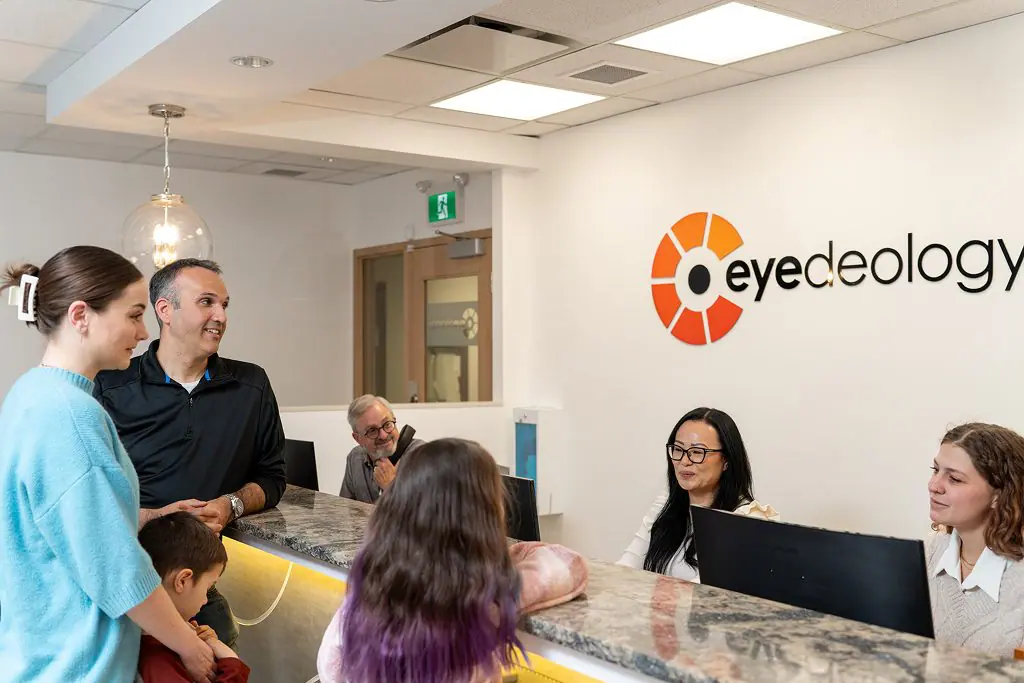
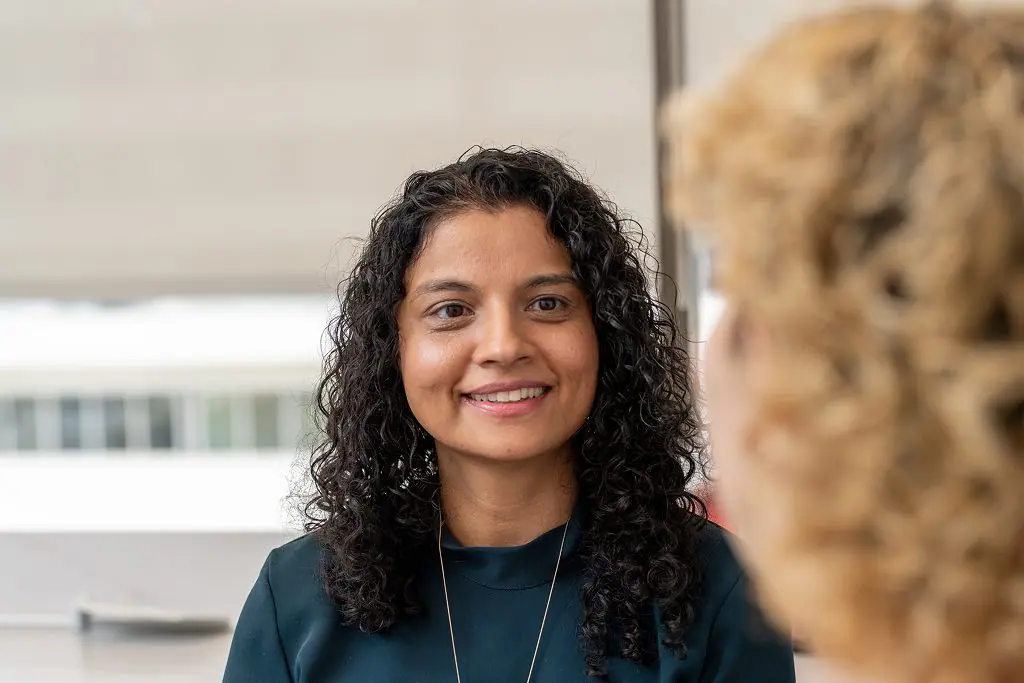
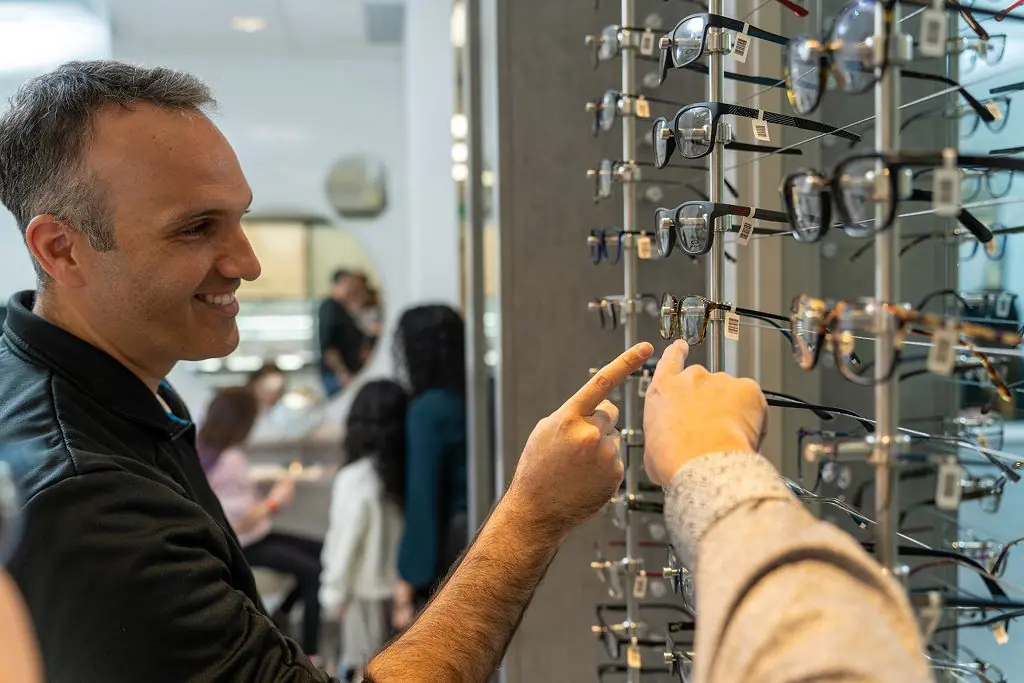
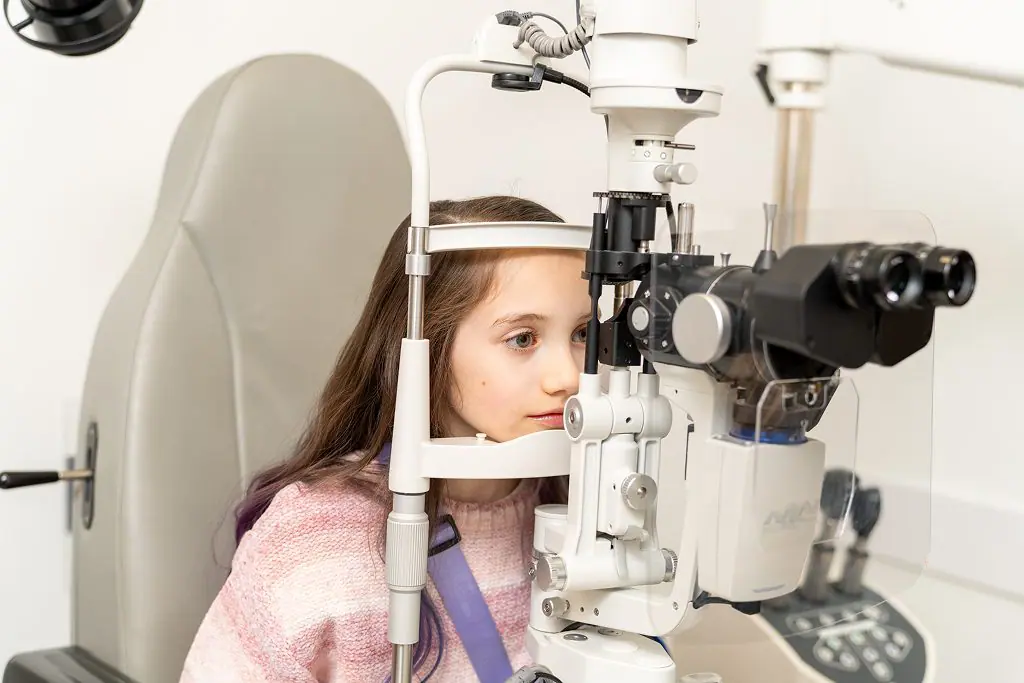
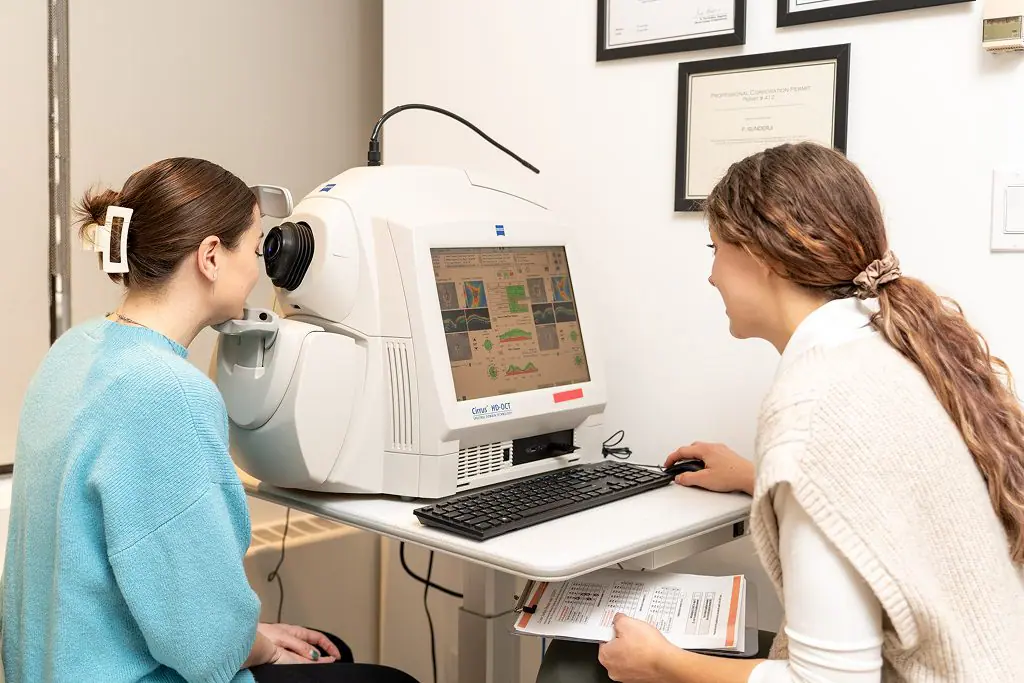
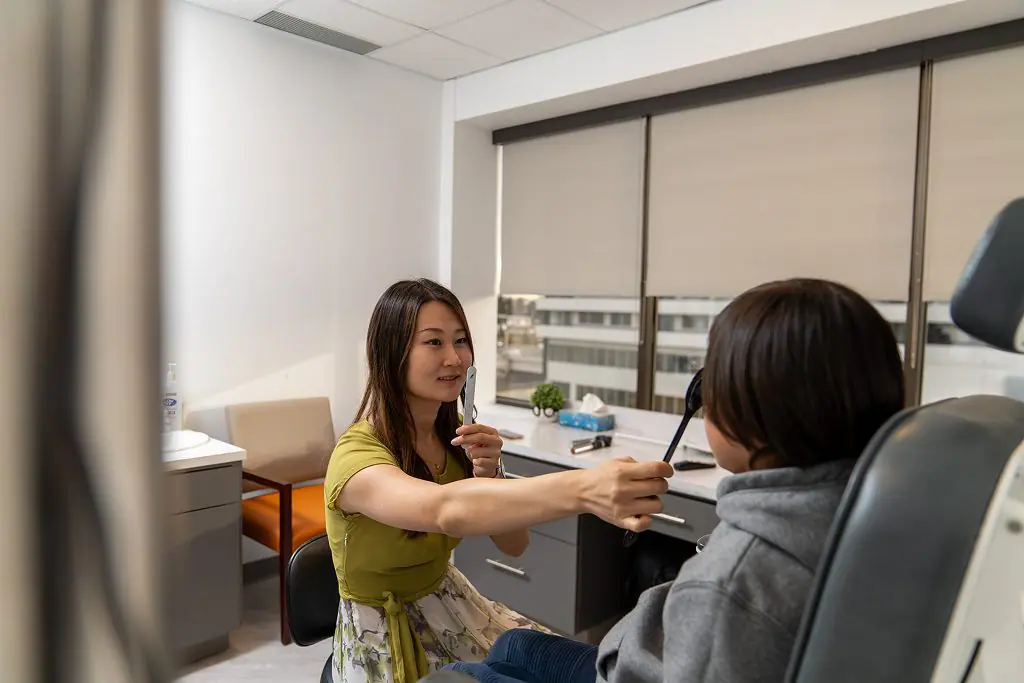
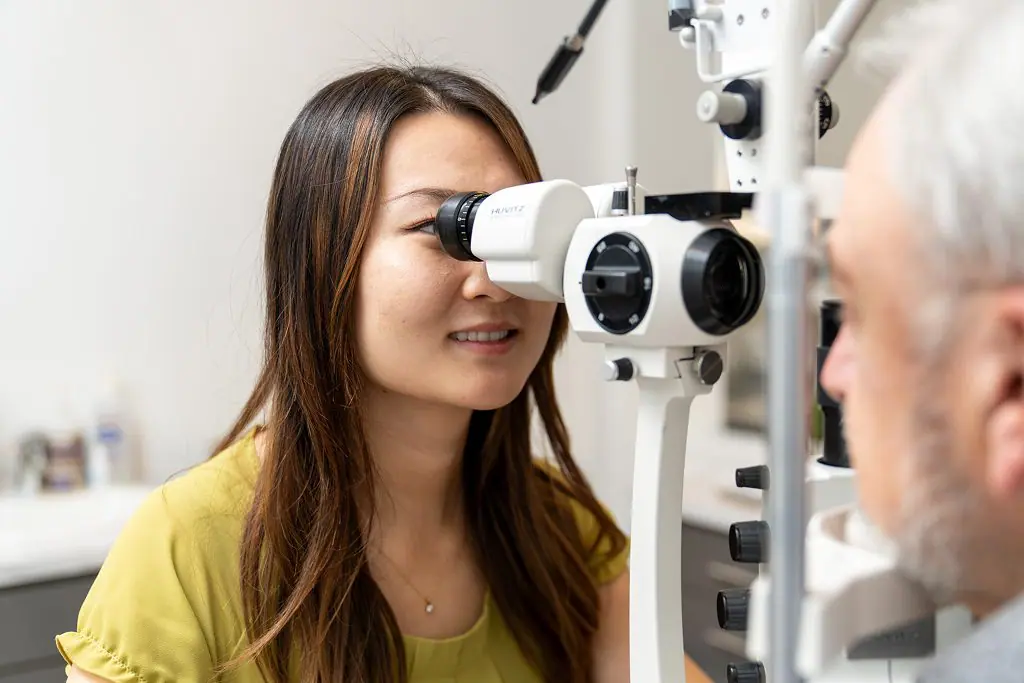
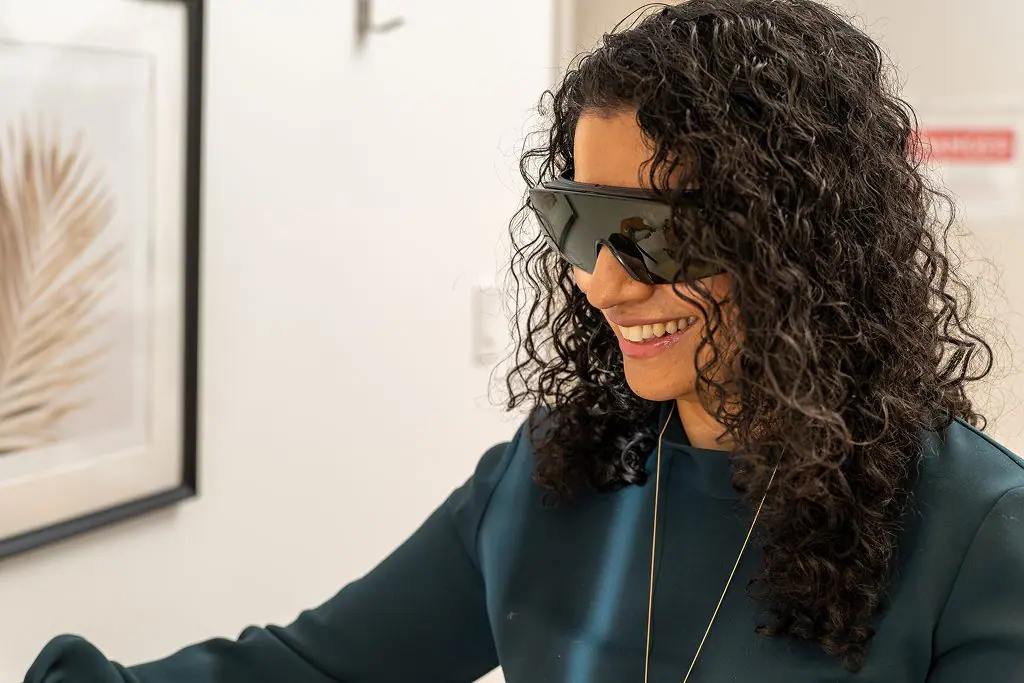
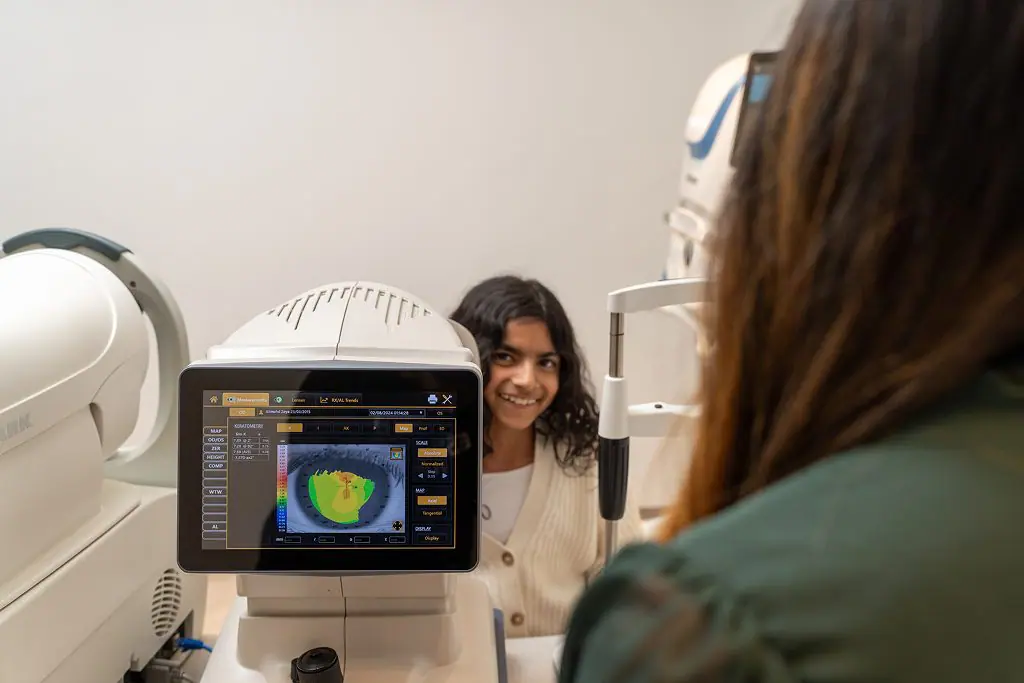
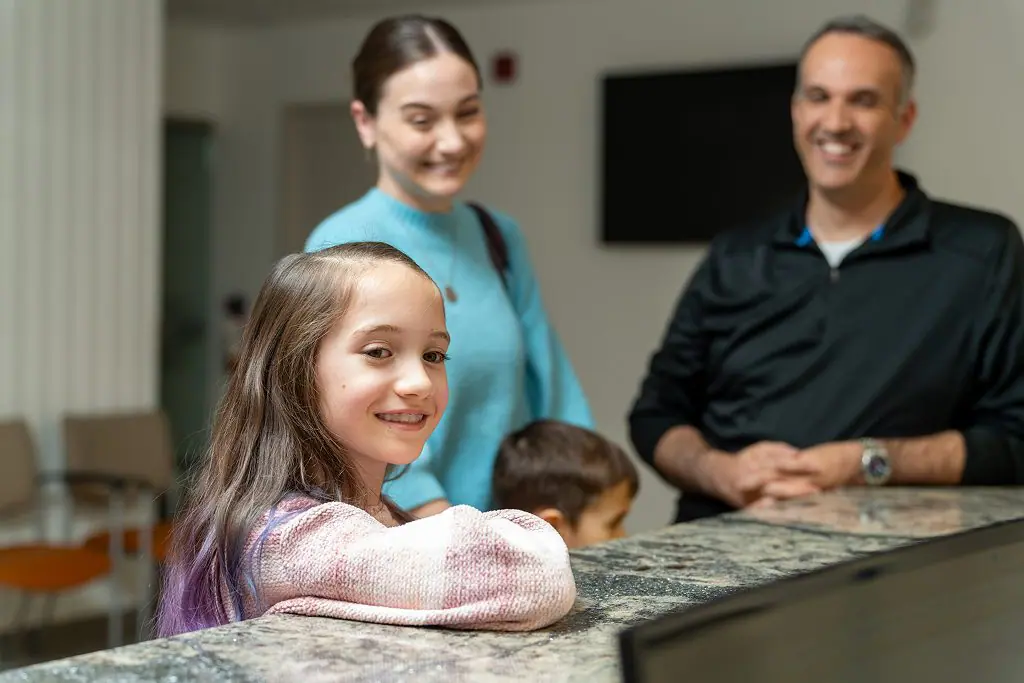






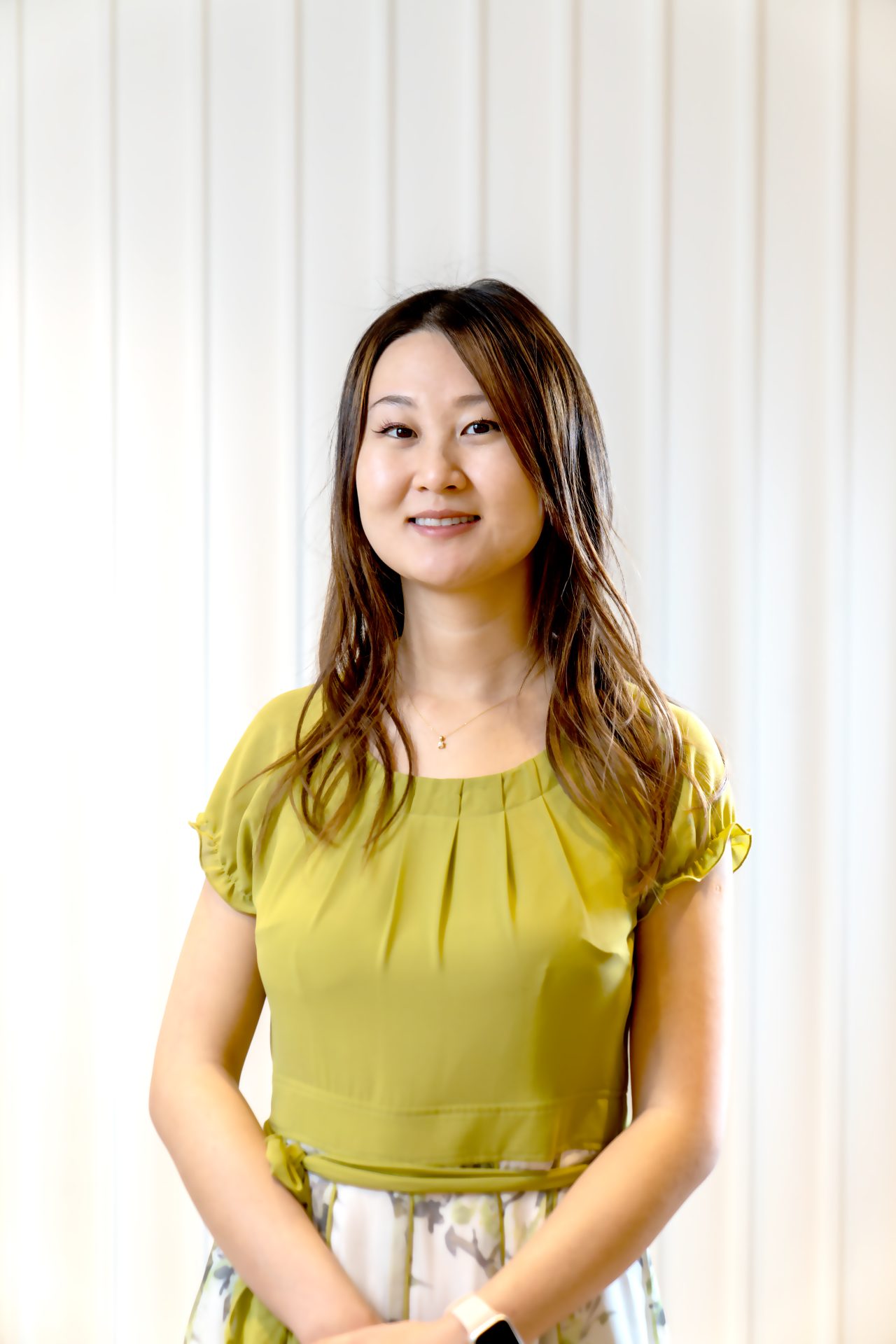

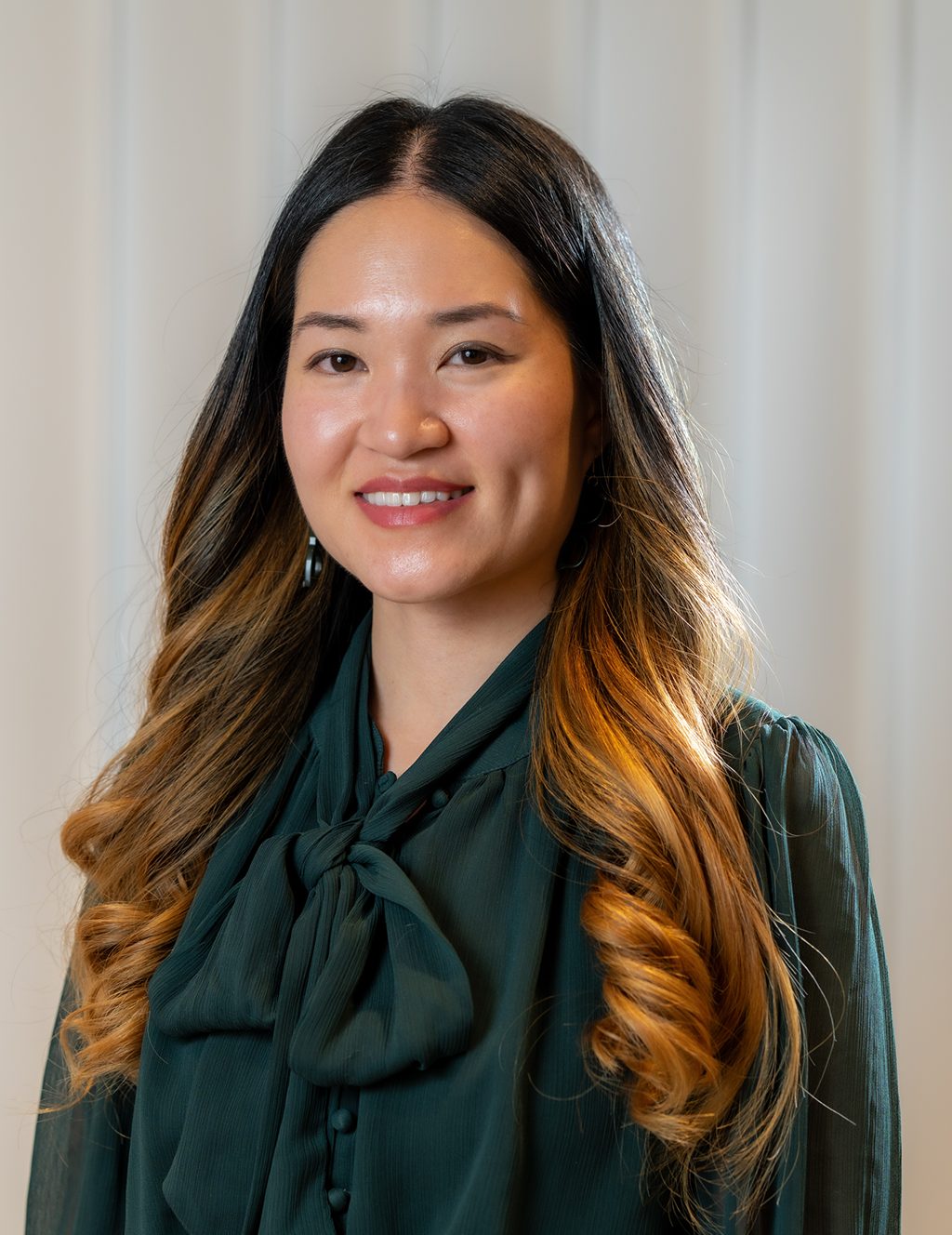





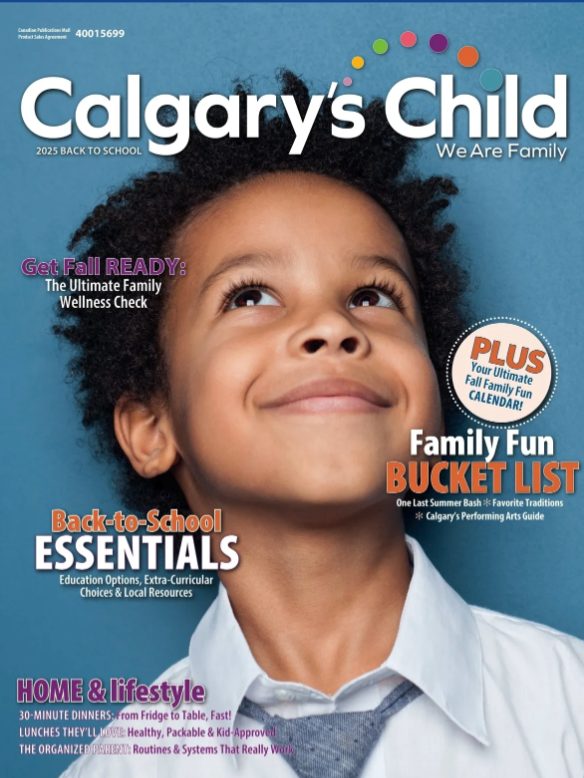

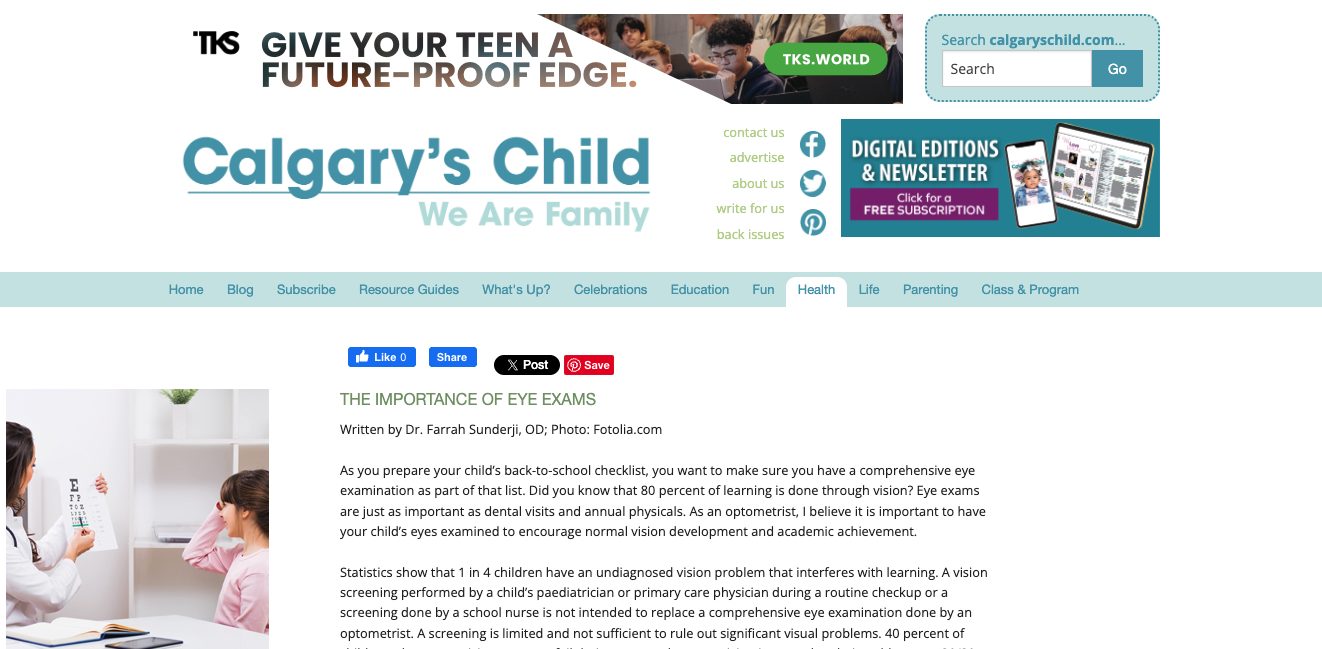



 587-353-5061
587-353-5061 1 (587) 409-1700
1 (587) 409-1700